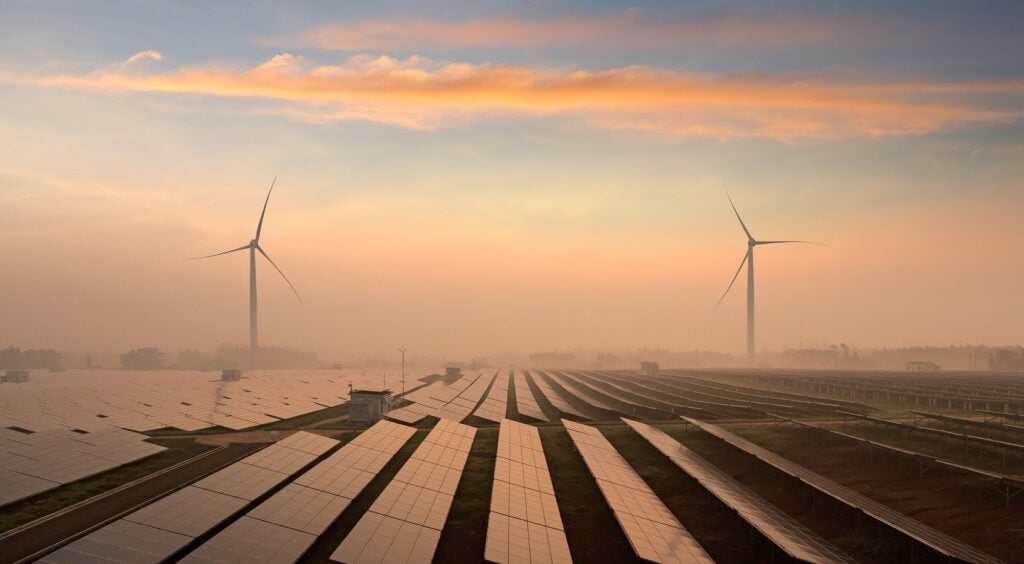Levels of decarbonised, decentralised generation needed to meet the UK’s Paris Climate Change agreement would require “significant” changes in regulation to facilitate, SSE has warned.
The power company and network operator this week discussed the various impacts the UK power market stood to face as it progresses towards meeting climate targets in line with the historic Paris Agreement reached in December 2015.
In introducing various scenarios that would see differing levels of variable renewable power connected to the grid, SSE said there would be an “ongoing and significant transformation” of the UK power market, the scale of which would pose threats to both SSE and the industry as a whole.
More pertinently for SSE and other UK network operators, the document discussed how the requisite growth in distributed generation would cause grid-level infrastructure to be thought of differently, and possibly rendered obsolete.
Such generation could be combined with small-scale gas plants, CHP and modular reactors to provide flexibility, a scenario which SSE said would require the creation of new policy and regulation, “as well as favourable economic conditions”, for such developments to be commercially viable.
However SSE dismissed the notion that large-scale renewable assets – the company owns a significant portfolio of offshore wind farms – would see their contribution fall due to their generation portfolios.
“It is also unlikely that most areas in GB would be able to maintain security of supply, particularly through the winter without access to and use of the national grid and transmission-connected generation,” SSE said.
Decarbonisation of the power sector, which has been furthered by widespread adoption of decentralised, small-scale generators, has resulted in most network operators, power companies and regulators reflecting on their future role.
Ofgem has released a series of articles discussing the role it might play as a central regulator within a more decentralised market, while other DNOs have been holding open and frank discussions about how they might transition to become Distribution System Operators in the near future.
SSE too discussed its future role as its DSO work becomes more prominent, including several projects which it is using to test processes and responsibilities. Aside from the NINES project on the Shetland Isles and its work on Electric Avenue to further the role of electric vehicles, it also discussed more technical adoptions it is now considering.
One of these is the use of aluminium conductor composite core (ACCC) Monte Carlo conductors, as well as composite pole technology, which it says have proven capable in speeding up the delivery of connections for low carbon generators and reduced the need for additional grid reinforcement works.





